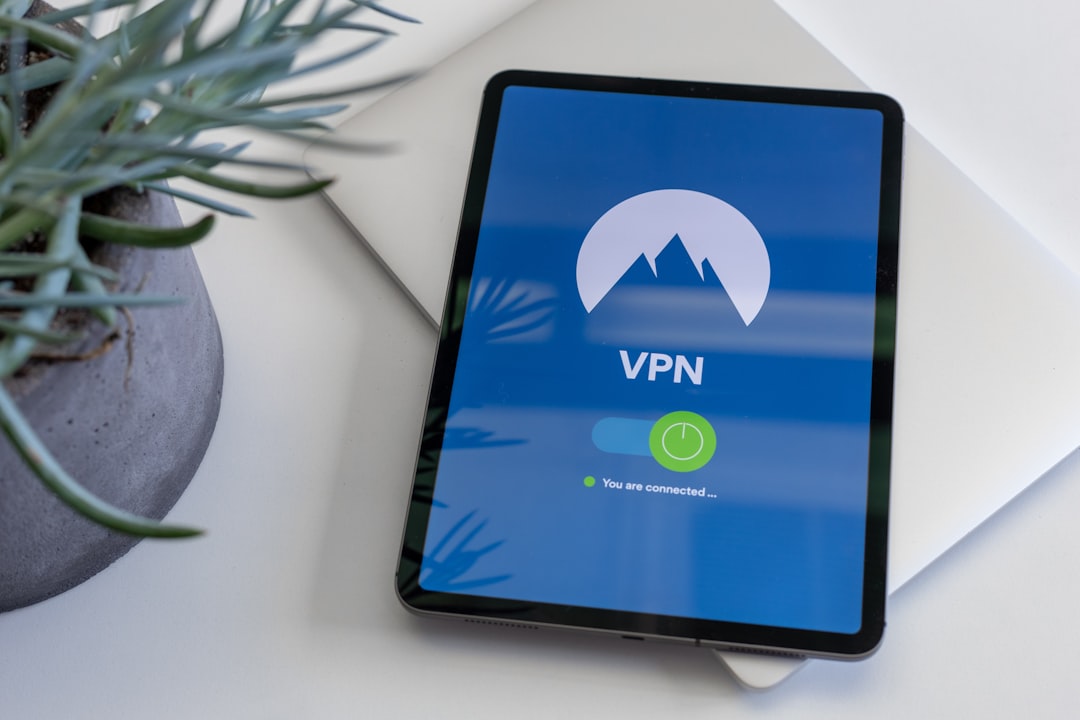With increasing concerns about online privacy and data security, more internet users are turning to Virtual Private Networks (VPNs). However, picking the right VPN service is only part of the equation — choosing the best VPN protocol is equally important. Each protocol offers a different balance between speed, security, and compatibility. Whether you’re streaming content, handling sensitive business information, or simply maintaining your privacy, understanding VPN protocols will help you make an informed decision.
What Is a VPN Protocol?
A VPN protocol is a set of rules that determines how your data is securely routed between your device and the VPN server. It defines encryption standards, authentication formats, and transmission processes. The right protocol can ensure both your data safety and an optimal browsing experience.
Popular VPN Protocols Explained
Let’s take a closer look at the most common VPN protocols and what they have to offer:
- OpenVPN: An open-source protocol known for high security and reliability. It supports both UDP and TCP ports and is widely used across devices.
- WireGuard: A newer, lightweight protocol offering blazing-fast speeds and modern encryption. It’s becoming a popular default choice in several VPN apps.
- IKEv2/IPSec: Known for its speed and ability to reconnect quickly after a drop in internet connection. Especially favored on mobile devices.
- L2TP/IPSec: A bit older and slower than others, but still provides robust encryption. Best when used with strong passwords.
- PPTP: One of the earliest protocols — fast but considered outdated and insecure by modern standards.
How to Choose the Best VPN Protocol
The ideal VPN protocol depends on your specific needs. Consider these factors before deciding:
1. Consider Your Use Case
Are you streaming Netflix or securing business communications? Here’s what to use for different needs:
- Streaming & Gaming: Speed is crucial. WireGuard or OpenVPN (UDP mode) offer great performance with minimal latency.
- General Browsing: Any modern protocol will suffice, but OpenVPN or IKEv2/IPSec offer a solid combination of speed and security.
- Highly Sensitive Data: Go with OpenVPN (TCP mode) for maximum security and data integrity.
2. Prioritize Security
If cybersecurity is a high priority for you, choose protocols that employ up-to-date encryption methods. Avoid anything that uses outdated algorithms (like PPTP).
3. Check Device Compatibility
Not all protocols work across every device or operating system. For example, IKEv2/IPSec works well on iOS devices, while WireGuard is more common on newer Android and Linux systems.

4. Look Into Network Conditions
If you’re often on public Wi-Fi or in countries with heavy internet restrictions (like China), OpenVPN with TCP or obfuscated protocols might be your best bet to bypass censorship and firewall restrictions.
Comparing Protocol Performance
| Protocol | Speed | Security | Stability | Best Use |
|---|---|---|---|---|
| WireGuard | Excellent | Strong | High | Streaming, Gaming |
| OpenVPN | Good | Very Strong | High | General Security |
| IKEv2/IPSec | Very Good | Strong | Very High | Mobile Users |
| L2TP/IPSec | Moderate | Average | Medium | Legacy Devices |
| PPTP | High | Weak | Low | Streaming (Not Recommended) |
Final Thoughts
Choosing the right VPN protocol can make a significant difference in your online experience. Whether it’s ultra-fast streaming, watertight security, or cross-platform compatibility you need, there’s a protocol that fits. For most users today, WireGuard and OpenVPN are clear winners — balancing speed and security incredibly well.
If your VPN handler or app lets you choose a protocol manually, don’t skip over that feature. Tweak your setup until you find the one that best fits your lifestyle, digital environment, and privacy priorities.



